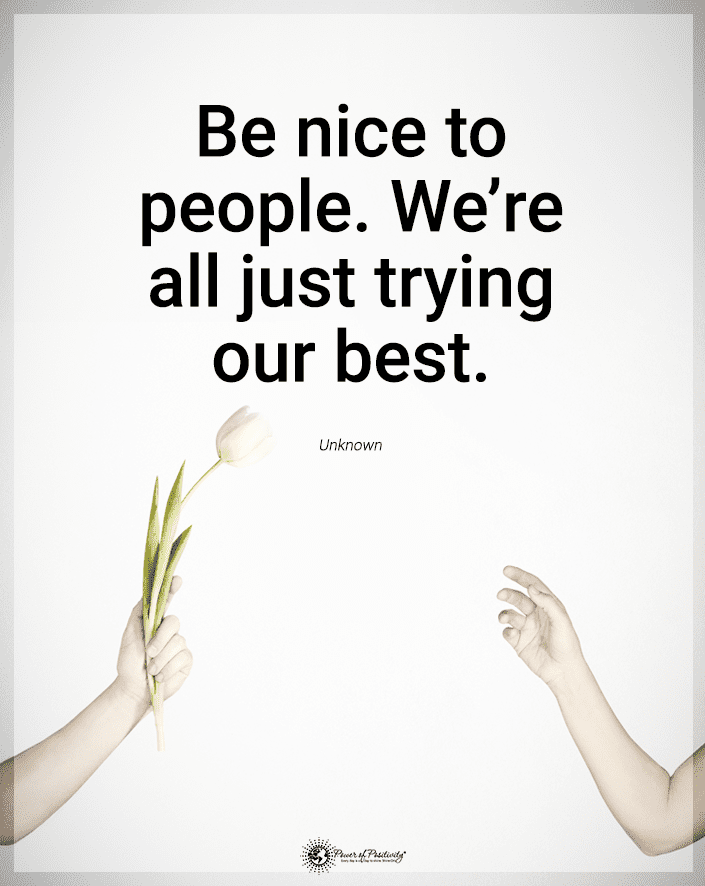Management is a fancy and dynamic apply that goes past managing duties and reaching targets. It includes inspiring, influencing, and guiding individuals to perform a shared imaginative and prescient. Lately, there was rising curiosity in faith-based management types, exploring how leaders convey their internal values, sense of objective, and deeper which means into their management fashion.
Nevertheless, integrating spirituality into management presents a novel problem: how can leaders authentically specific their non secular beliefs with out alienating those that could not share the identical views?
On this article, we’ll discover how leaders can weave spirituality into their management method in an inclusive and respectful method.
We’ll additionally look at the basic variations between worldly management and non secular management to deepen our understanding of what this integration appears like in apply.
Understanding Spirituality in Management
Earlier than diving into how spirituality will be built-in into management, it’s vital to make clear what spirituality means on this context.
Spirituality, broadly outlined, refers to a way of connection to one thing larger than oneself, which frequently includes values comparable to compassion, integrity, humility, and a seek for deeper which means and objective.
Religious management isn’t about selling a particular faith or doctrine. As an alternative, it focuses on the chief’s internal life and the way it informs their outward actions—bringing authenticity, moral consciousness, and a way of service to their position.
Key Variations: Worldly Management vs. Religious Management
To understand how spirituality influences management, it helps to distinction worldly management and non secular management.
Whereas each intention to realize outcomes, their underlying motivations, approaches, and outcomes will be fairly totally different.
Motivation and Goal
- Worldly Management: Usually pushed by exterior targets comparable to revenue, energy, standing, or recognition. Success is usually measured by tangible outcomes like market share, income, or organizational progress.
- Religious Management: Rooted in a way of upper objective and repair. Leaders are motivated by values comparable to making a constructive affect, fostering progress in others, and contributing to the larger good past private acquire.
Strategy to Energy and Authority
- Worldly Management: Energy could also be exercised by management, command, and hierarchical constructions. Authority is commonly asserted to keep up order and obtain compliance.
- Religious Management: Energy is considered as a duty to serve others. Authority stems from humility, belief, and the flexibility to encourage relatively than coerce.
Relationship with Followers
- Worldly Management: Relationships can generally be transactional—targeted on what followers can do to realize organizational targets.
- Religious Management: Emphasizes real care, empathy, and the event of followers. Leaders search to uplift and empower people, recognizing their intrinsic value.
Determination-Making
Consequence Focus
- Worldly Management: Success is usually outlined by measurable achievements, typically short-term.
- Religious Management: Success contains intangible outcomes comparable to office well-being, moral integrity, and sustained constructive affect.
How Leaders Can Combine Spirituality With out Alienating Others
Deal with Common Values
Leaders can combine spirituality by emphasizing values that resonate throughout cultures and beliefs, comparable to kindness, integrity, gratitude, and compassion.
These common ideas foster a constructive atmosphere with out aligning with any single religion custom.
- Problem: It may be tough to speak non secular values with out unintentionally favoring sure beliefs or sounding imprecise. Leaders would possibly wrestle to seek out language that resonates with everybody.
- Sensible Instance: A supervisor promotes a company-wide initiative round “respect and kindness” by sharing tales of teamwork and collaboration, avoiding references to particular spiritual practices, which helps create a constructive tradition embraced by numerous workers.
Lead by Instance
Genuine management means dwelling your values persistently so others can see spirituality in motion relatively than simply phrases.
When leaders display qualities like equity, endurance, and generosity, they encourage belief and respect throughout numerous groups.
- Problem: Leaders should guarantee their private expressions of spirituality don’t come throughout as preachy or unique, which may alienate group members. Authenticity requires balancing private conviction with sensitivity.
- Sensible Instance: A group chief persistently fashions endurance and equity in decision-making, gaining respect from the group with out ever explicitly linking these behaviors to their non secular beliefs.
Use Inclusive Language
Utilizing language that invitations everybody into conversations about objective, which means, and ethics helps create an inclusive ambiance.
Avoiding jargon tied to particular religions ensures nobody feels excluded or uncomfortable.
- Problem: Discovering language that’s each significant and impartial will be tough, particularly when some group members could count on extra specific non secular references. Overly generic language would possibly really feel impersonal.
- Sensible Instance: Throughout conferences, a CEO talks about “dwelling our core values” and “discovering objective in our work,” inviting everybody to interpret these ideas in methods which are personally significant with out excluding anybody.
Create Area for Reflection
Offering alternatives for mindfulness, quiet time, or private reflection helps workers’ non secular and emotional wellbeing. Making participation voluntary respects numerous preferences and beliefs.
- Problem: Providing alternatives for reflection or mindfulness could be misunderstood as endorsing a selected non secular apply, or some workers could really feel uncomfortable taking part.
- Sensible Instance: An organization introduces non-compulsory quiet rooms and mindfulness workshops, clearly stating participation is voluntary and accommodating numerous preferences, which inspires wellbeing with out strain.
Encourage Open Dialogue
Fostering a protected atmosphere the place people can share their beliefs and values with out judgment promotes mutual respect and understanding. Open dialogue helps construct inclusive and cohesive groups.
- Problem: Facilitating open conversations about beliefs requires ability to navigate delicate matters and keep away from conflicts or discomfort amongst numerous teams. Some could hesitate to share overtly.
- Sensible Instance: A nonprofit chief hosts voluntary “values and beliefs” roundtables the place workers can share their views respectfully, with clear pointers selling a judgment-free atmosphere.
Emphasize Service and Contribution
Positioning management as a chance to serve others highlights the non secular worth of humility and selflessness. This method builds a tradition of care and collaboration, aligning with many religion traditions’ emphasis on service.
- Problem: Framing management as service will be misunderstood as weak spot or lack of authority, and a few could resist shifting conventional energy dynamics.
- Sensible Instance: A division head recurrently volunteers alongside their group in neighborhood tasks, demonstrating servant management that evokes belief and collaboration with out diminishing their management position.
Be Delicate to Boundaries
Recognizing that spirituality is deeply private means respecting particular person boundaries and avoiding any type of coercion.
Leaders ought to assist range by permitting individuals to precise spirituality in their very own method, or under no circumstances.
- Problem: It’s difficult to assist non secular expression with out crossing boundaries or making others really feel excluded or pressured. Leaders should fastidiously stability visibility and privateness.
- Sensible Instance: Throughout vacation celebrations, an organization gives a spread of inclusive occasions and invitations workers to share their traditions voluntarily, guaranteeing nobody feels obligated to take part or conform.
Sensible Examples of Religious Management in Motion
- Servant Management: Pioneered by Robert Okay. Greenleaf, servant management emphasizes serving others first. Leaders prioritize the expansion and well-being of their groups, aligning properly with non secular ideas.
- Mindfulness Practices: Some organizations incorporate mindfulness classes to assist workers scale back stress and improve focus. These practices are secular however rooted in non secular traditions.
- Values-Pushed Determination Making: Leaders who use a values-based method make sure that selections align with moral requirements and the group’s mission, fostering belief and integrity.
- Compassionate Communication: Leaders who hear actively and reply empathetically create a tradition of psychological security the place individuals really feel heard and valued.
Conclusion
As you contemplate your personal management journey;
- How do you presently specific your internal values and sense of objective in your day by day choices?
- Are there methods you would possibly combine spirituality—broadly understood as connection, which means, and repair—with out making others really feel excluded?
- What common values are you able to emphasize that resonate throughout numerous beliefs and create a tradition of belief and compassion?
Integrating spirituality into management isn’t about preaching or imposing beliefs, however about dwelling authentically and fostering an atmosphere the place everybody feels revered and valued. It’s a fragile stability, however when achieved thoughtfully, it enriches management with deeper which means and helps construct stronger, extra resilient groups.
How would possibly embracing this inclusive and humble method rework not solely your management fashion but additionally the affect you may have on these you lead?
Keep in mind, management grounded in service, empathy, and integrity invitations others to convey their full selves to the desk—making a shared area the place numerous views thrive and collective objective prospers.
What legacy will your management depart within the hearts and minds of these you information?




